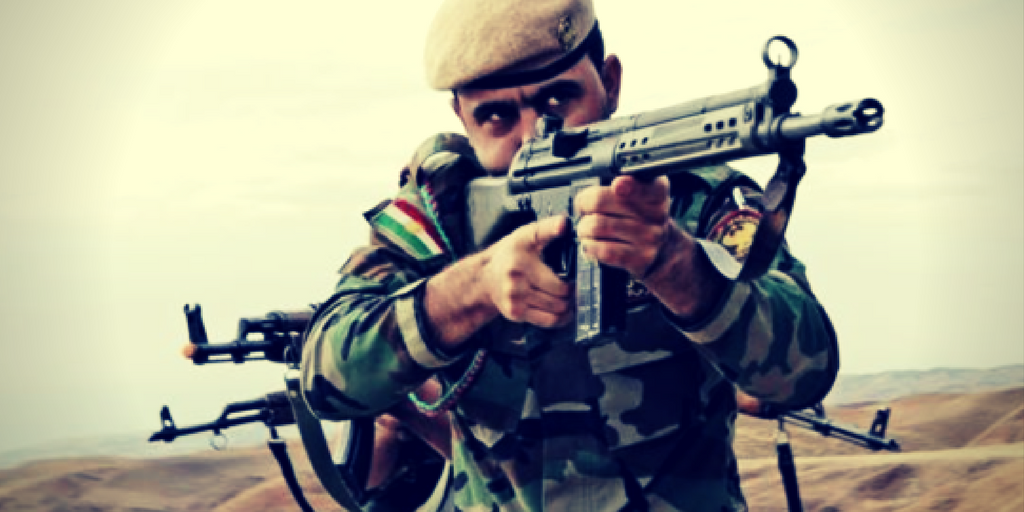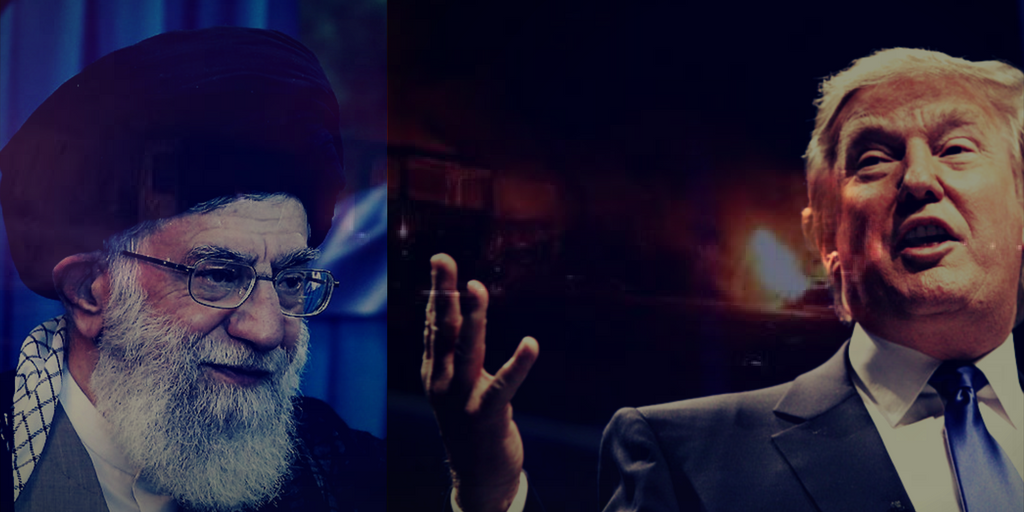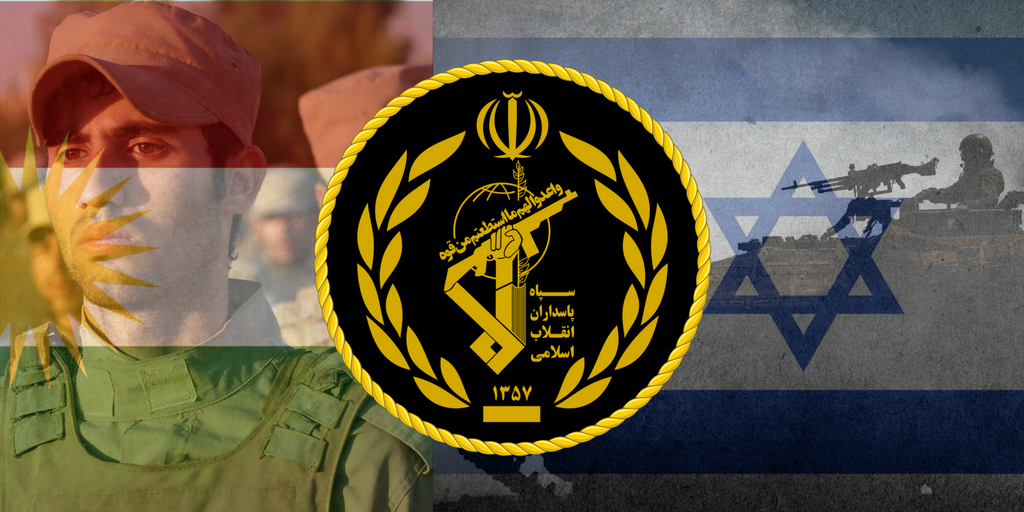There has been a running hypothesis in Middle East geopolitical circles that Israel and the USA were using the autonomous Kurdish Regional Government as a forward base against Iran. In fact, Iran has insinuated this for a while. Yet, despite all the talk of direct cooperation against Iran, the KRG has made it clear that they have no intention of allowing third part Iranian Kurdish groups to stage attacks against Iran from Iraq.
A report in Al-Monitor states: “Iraqi Kurds have given reassurances to Tehran that they will not allow Kurdish opposition groups to launch cross-border attacks from Iraqi Kurdistan, a major development in the warming up of relations between Erbil and Tehran. This comes as ties reached a breaking point following the controversial Sept. 25 independence referendum in Iraqi Kurdistan.”
The Kurdish groups this refers to are two in particular, the KDPI and Komalah, which are known as Rojhelat Kurdish groups. In the past both of these groups seek to create an autonomous Kurdish Iranian proto-state similar to the KRG in Iraq and the SDF controlled areas of Syria, yet are mre interested in focusing on the democratization of Iran.
With the KRG attempting to strike a balance between Iranian border needs and Kurdish cohesions and nationalism, assurances that Erbil has given Tehran may just be more lip service. The KDPI has always enjoyed cross border ovement in the pourous mountain areas between Iran and Iraqi Kurdistan. Nothing Erbil does will stop this. However, the lip service may also be a message to the USA over what is perceived by the Iraqi Kurds as a failure of the American government to protect their rights in Kirkuk.
Although the possibility of the Iraqi Kurds outright pivoting to Iran is unlikely, a neutral posture can scramble the US plans for the region.






